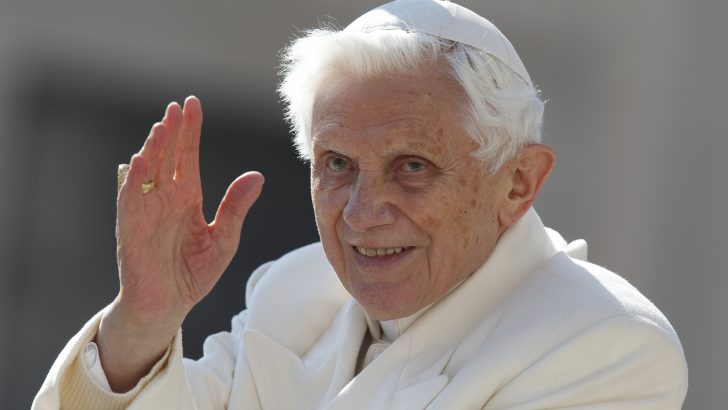In what is being hailed as the biggest ecumenical development in decades, Pope Francis is to meet with the Russian Orthodox Patriarch on February 12 during a two-hour stopover on the way to Mexico.
Describing the first ever meeting of a Pope and Russian patriarch, as “an event that, in the ecumenical journey and in the dialogue between Christian confessions, has an extraordinary importance”, Vatican spokesman Fr Federico Lombardi said that the meeting between the Pontiff and Patriarch Kirill of Moscow is not “an improvisation”.
Planning
On the contrary, he said, the meeting at Havana’s Jose Marti International Airport where the two leaders intend to sign a joint declaration took two years of intense planning and negotiations to schedule. It was always the case, he said, that both Catholic and Orthodox officials insisted the meeting would have to take place on “neutral” territory rather than at the Vatican or in Russia.
The meeting, which will coincide with an official visit to Cuba by Patriarch Kirill, comes in advance of a pan-Orthodox Council meeting in Crete this June. Fr Lombardi explained that the Ecumenical Patriarch Bartholomew of Constantinople, had “naturally” been informed of plans for the Cuban meeting, and had expressed “his joy for this step forward”.
Although Patriarch Bartholomew is the spiritual leader of Orthodox Christians in general, the Russian Patriarch is at least as important a figure, being spiritual leader of the largest Orthodox Church, the second largest Church in the world.
Dream
Holding a meeting with a Moscow patriarch had been a failed dream of St John Paul II and something Pope Benedict XVI had also sought, both Popes attempting to build on the work of Blessed Paul VI, who in 1964 met in Jerusalem with the then Ecumenical Patriarch, Athenagoras I, the two leaders revoking the excommunications of 1054’s Great Schism.
Following the collapse of the Soviet Bloc, Russian Orthodox leaders insisted there could be no meeting between a Pope and a Patriarch while Catholics were “proselytising” in what the Orthodox regard as their territory. The main point of contention concerned Ukraine where the Ukrainian Catholic Church, banned and having had its property confiscated by the Soviet government, was re-established and sought the return of Church property.
According to Metropolitan Hilarion of Volokolamsk, the Moscow Patriarchate’s director of foreign relations, “regrettably, the problem of the uniates [Ukrainian Catholics] is still there, with uniatism remaining a never-healing, bloody wound that prevents the full normalisation of relations between the two Churches”.
The meeting, he said, is being held in recognition of how Christians must work together on behalf of persecuted Christians in the Middle East.


 Pope Emeritus Benedict XVI
Pope Emeritus Benedict XVI 